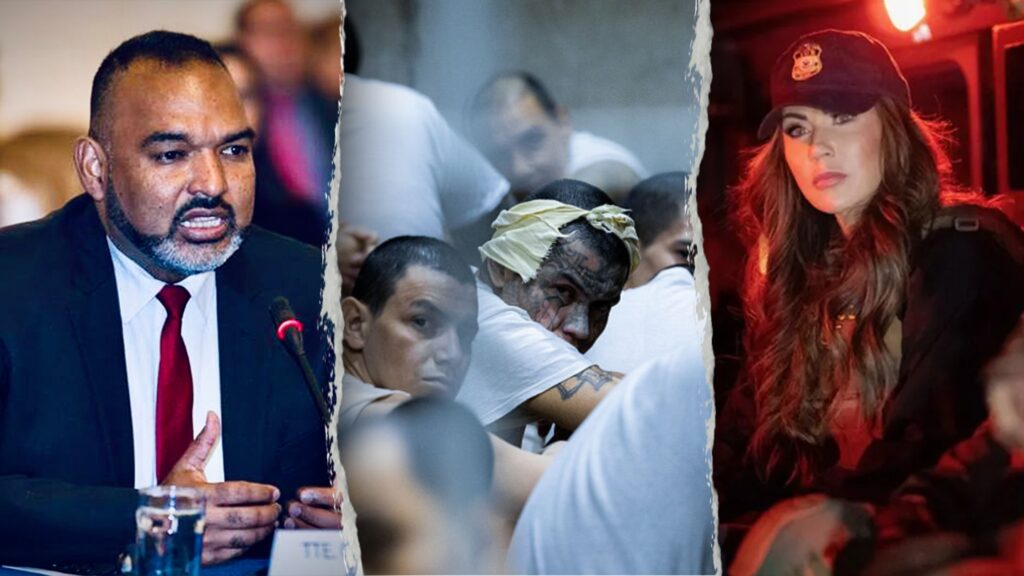‘Living laboratory’: Trump admin urged to look to South America for lessons on fighting migrant gangs
Following DHS Secretary Kristi Noem’s visit to Chile and Peru in late July, an expert said the U.S. should ‘think of the region as a living laboratory.’
Published August 9, 2025 8:00am EDT | Updated

A former high-ranking Venezuelan military officer is urging the Trump administration, particularly Homeland Security Secretary Kristi Noem, to look to South America for best strategies in fighting against the migrant gangs and cartels that flooded the U.S. under the Biden administration.
José Gustavo Arocha, a former lieutenant colonel in the Venezuelan army and now national security expert at the Center for a Secure Free Society, told Fox News Digital that South American countries’ varied responses to organized crime groups hold the key to what the U.S. should do and not do.
He said the region especially teaches valuable lessons on how to respond to Tren de Aragua, also known by its acronym “TdA,” a brutal transnational criminal group with alleged ties to Venezuelan socialist dictator Nicolás Maduro. The gang’s name means “Train from Aragua,” indicating its origin as a prison gang in Venezuela’s Aragua region.
Following Noem’s visit to Chile and Peru in late July, Arocha said the U.S. should “think of the region as a living laboratory.”
In line with this laboratory analogy, Arocha said that while countries like Chile and Ecuador “grabbed the scalpel early; Colombia left the petri dish wide open.”
Overall, he said the lesson for Washington is “act fast, act in unison, or spend years mopping up a disaster.”
He said that Chile acted decisively to unite all aspects of government together to fight the migrant gangs spilling over its borders, fusing police, tax and customs intelligence with one another. This enabled the Chilean government to quickly identify hundreds of members of a Tren de Aragua offshoot gang known as the “Los Gallegos clique” and march them into prison.
“Chile turned intel into jail time,” explained Arocha. “Every migrant-shelter interview, every crypto-remittance slip, every fingerprint goes into one national fusion hub; detectives then launch ‘mega-operativos’ that knock out stash houses, mules, and shell companies in the same forty-eight-hour punch.”
“That stops the gang before it can splinter and re-spawn,” he said.
